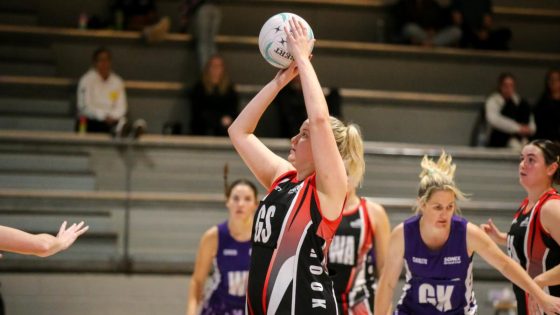A court in the United Arab Emirates has handed life sentences to 43 activists after finding them guilty of terror offences.
State media said the Abu Dhabi Federal Court of Appeal convicted the defendants of “creating a terrorist organisation”.
United Nations experts and human rights groups have severely criticised the mass trial.
Human Rights Watch (HRW) said more than 80 human rights defenders and political dissidents – known as the “UAE 84” – were put on trial.
Last January, the UAE’s prosecutor general referred the defendants to the Abu Dhabi Federal Court of Appeal on charges of “establishing another clandestine organisation for the purpose of committing acts of violence and terrorism on UAE soil” known as the “Justice and Dignity Committee”.
He said most of the defendants were members of the Muslim Brotherhood, an Islamist movement that has been proscribed as a terrorist organisation in the UAE since 2014. Its local affiliate, the al-Islah party, is also banned.
According to the official WAM news agency, on Wednesday the Abu Dhabi Federal Court of Appeal “sentenced 43 defendants to life imprisonment for the crime of creating, establishing, and managing a terrorist organisation”.
In addition to the 43 life sentences handed out, 10 other defendants were jailed for 10 to 15 years in prison on the charges of “co-operating with al-Islah” and money laundering, WAM said.
One defendant was acquitted and 24 cases were ruled inadmissible, it added.
The bulk of the defendants have been in prison for more than a decade after they were jailed as part of the “UAE 94” trial in 2013, according to HRW and Amnesty International.
Many had already completed their sentences.
But UAE authorities said the latest charges were “materially distinct” from those brought in 2013, which did not include accusations of financing a “terrorist organisation”, AFP news agency reported.
According to Amnesty International, the indictment, charges, defence lawyers and names of defendants were “kept secret by the government”.
It said details were only known through “leaks”.
HRW identified three of those sentenced to life in prison were Nasser bin Ghaith, Abdulsalam Darwish al-Marzouqi and Sultan Bin Kayed al-Qasimi. Prominent activist Ahmed Mansoor was among the defendants, it added.
Reacting to the sentencings, Amnesty International’s Devin Kenney urged the UAE to “urgently revoke this unlawful verdict” and called on those sentenced to be released.
“The trial has been a shameless parody of justice and violated multiple fundamental principles of law, including the principle that you cannot try the same person twice for the same crime, and the principle that you cannot punish people retroactively under laws that didn’t exist at the time of the alleged offence.”
Khalid Ibrahim of the Gulf Center for Human Rights, on whose board Ahmed Mansoor sits, said: “It is a real tragedy that so many activists and human rights defenders will remain in prison for decades, deprived of watching their children grow up, for no other reason than calling for a better future for Emiratis.”
Despite being one of the wealthiest countries in the Middle East and promoting high-tech sectors and innovations, the UAE remains restrictive on political activity.
The federation of seven emirates, which include Abu Dhabi and Dubai, has no official opposition and bans political parties.
In 2013, almost 70 Islamists were given jail sentences over an alleged plot to overthrow the government.
Source Agencies



